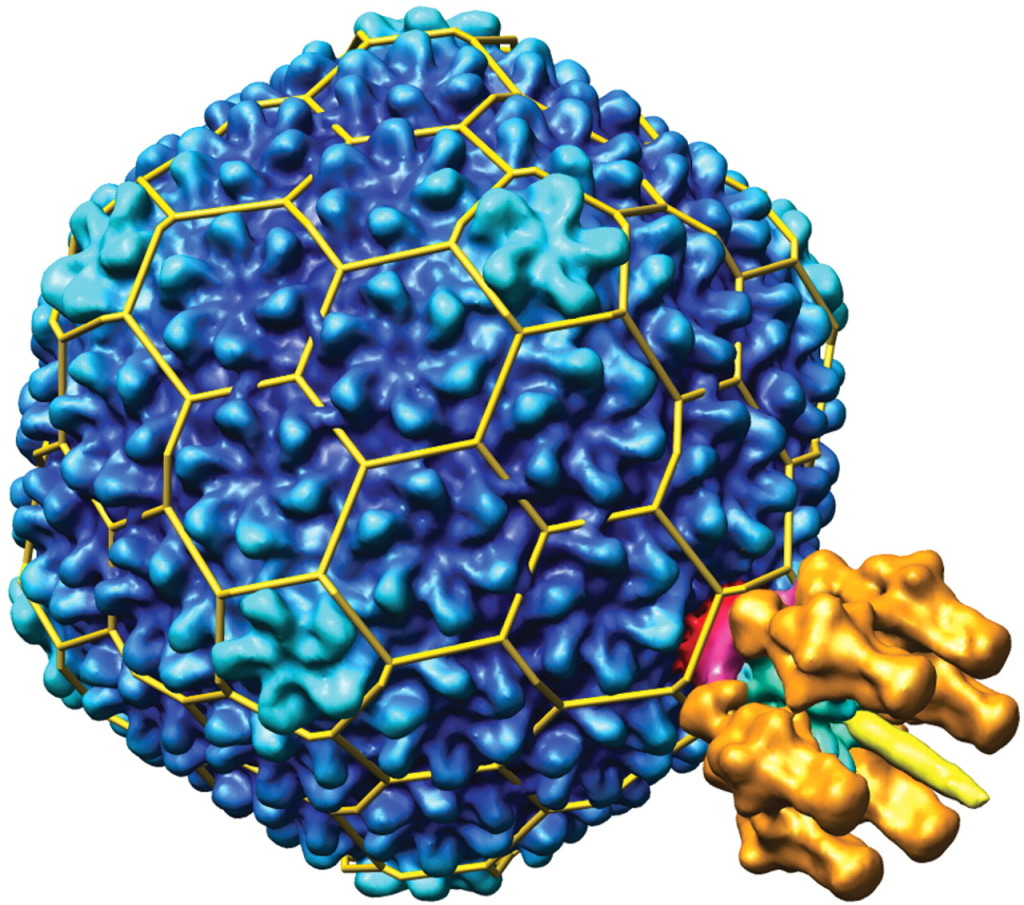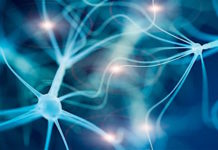Abalone are edible, blue-blooded sea snails, and scientists have now found that the protein that makes their blood blue can also block the herpes virus from entering human cells.
The blue blood of abalone, a seabed delicacy, could be used to combat common cold sores and related herpes virus based on new research from the University of Sydney. The small to very large edible sea snails contain potent anti-viral properties. Chemical engineers, in collaboration with virologists at the University of Sydney, have identified how these properties block the herpes virus’s entry into cells.
Herpes simplex virus (HSV) infections are very common worldwide. HSV-1 is the main cause of herpes infections on the mouth and lips, including cold sores and fever blisters. It is transmitted through kissing or sharing drinking utensils. HSV-1 can also cause genital herpes, although HSV-2 is the main cause of genital herpes.
HSV-2 is spread through sexual contact. You may be infected with HSV-1 or HSV-2 but not show any symptoms. Often symptoms are triggered by exposure to the sun, fever, menstruation, emotional stress, a weakened immune system, or an illness.
There is no cure for herpes, and once you have it, it is likely to come back. However, some people may have one outbreak and then never have another one. In between herpes outbreaks, the virus lies dormant (as if it is hibernating or sleeping) in nerve cells.
While exposure to HSV-1 is extremely common – as many as 90% of American adults have been exposed to the virus – HSV-2 or genital herpes can cause embarrassment. Although there is no cure for genital herpes, an infected person can take steps to preventing spreading the disease and can continue to have a normal sex life.
While most herpes infections do not cause serious complications, infections in infants and in people with weakened immune systems or herpes infections that affect the eyes can be life threatening.
Abalone Hemocyanins Inhibit Herpes Simplex
Professor Fariba Dehghani, Director of Bioengineering Research at the Faculty of Engineering and Information Technologies led the multi-disciplinary team that made the breakthrough. “Hemocyanins are giant copper-containing glycoproteins and their primary function is to collect and deliver oxygen to desired tissues,” explains Professor Dehghani. “Our study shows that abalone hemocyanin inhibits herpes simplex infection,” she says.
“We know once infection occurs the virus integrates itself into a body’s nerve cells, where it lays dormant awaiting reactivation. When awakened it travels back along the nerve tracks to the surface where it takes the form of watery blisters and ulcers on the skin.”
Professor Tony Cunningham, director, Westmead Millennium Institutes says there are a range of acyclovir equivalents that have been prescribed to treat this often painful viral infection. While the treatments can shorten the duration of a herpes outbreak, they cannot kill the virus.
Statistics show more than 70 percent of Australians carry the herpes simplex 1 with approximately 13 percent carriers of the herpes simplex 2 which can cause genital herpes.
“With the information we now have, we are hopeful that we can develop an anti-viral therapy that will prevent or reduce recurrence of the virus and/or hasten healing of the lesions,” states Professor Cunningham.
The raw material for the research came from the blood of black lip abalone found in pristine bays along the Tasmanian coastline.
The healing properties of abalone were discovered by accident says Mr Adrian Cuthbertson, CEO, Marine Biotechnologies Australia Pty Ltd and the University ‘s industry research partner.
“Ten years ago we were involved in an abalone serum trial relating to cancer treatments. During the clinical tests where patients drank a processed form of Abalone blood they reported a much lower incidence in their cold sore breakouts,” says Mr Cutherbertson.
“Around the same time we had an employee responsible for loading and unloading abalone shells containers. After a month of working with the shellfish he found that the viral warts which had plagued his hands for years disappeared.”
This convinced me that abalone had to be investigated for its anti-viral properties.” says Mr Cuthbertson.
Mr Cuthberston says three years ago after a few setbacks he was referred chemical engineers at the University of Sydney who also enlisted the expertise of virus researchers at the Westmead Millennium Institute.
This discovery is expected to lead to the generation of a new class of anti-viral compounds.
Sources:
1. University of Sydney, Seabed Solution for Cold Sores: http://bit.ly/1mtgf1J
2. University of Maryland Medical Center: http://bit.ly/1trssc7















